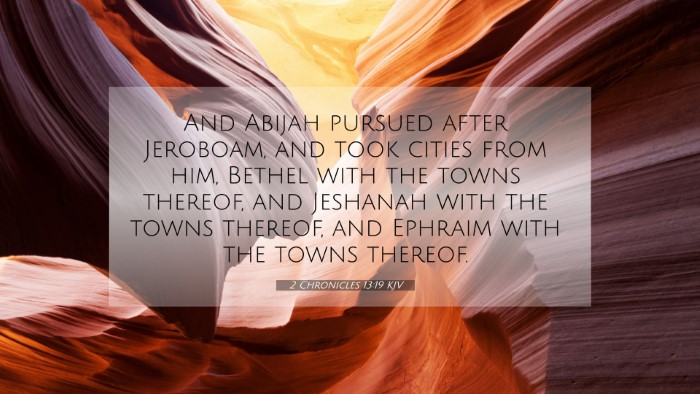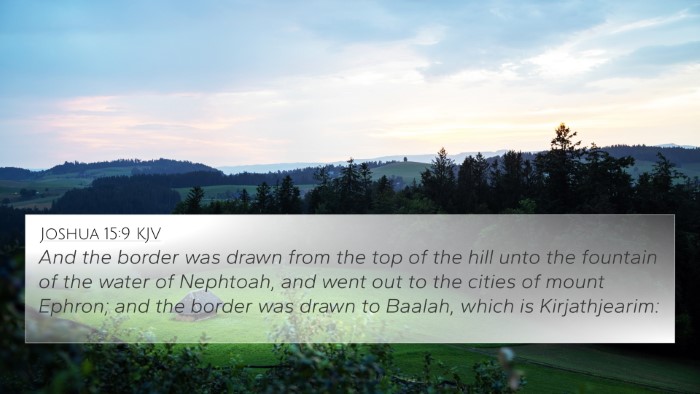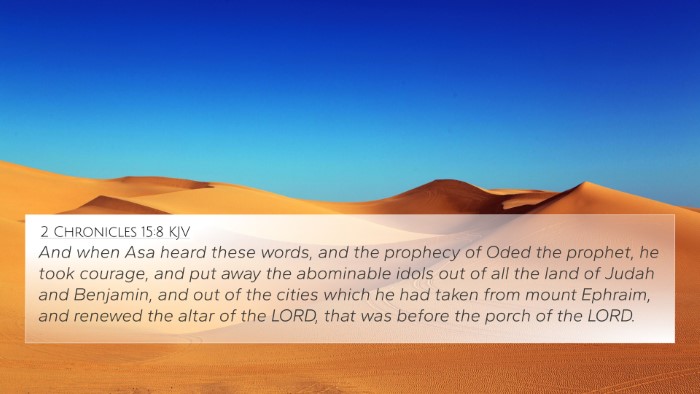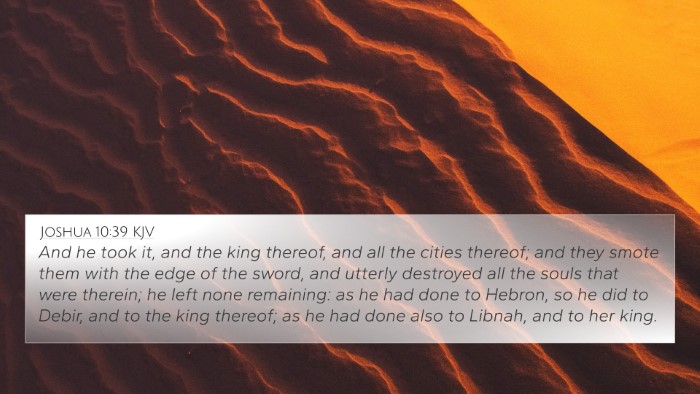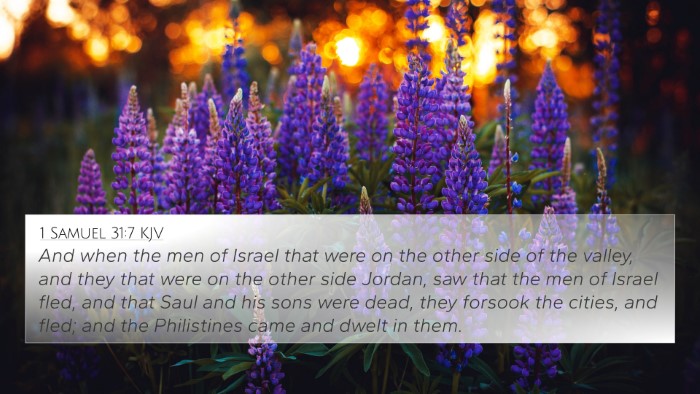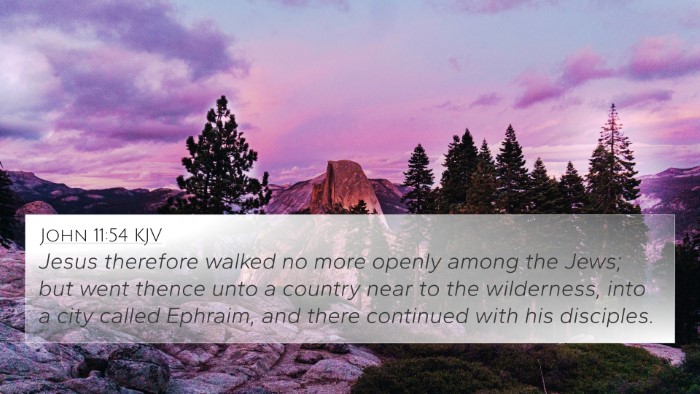Understanding 2 Chronicles 13:19
The biblical verse 2 Chronicles 13:19 states, "And Abijah pursued after Jeroboam, and took cities from him; Bethel with the towns thereof, and Jeshanah with the towns thereof, and Ephron with the towns thereof." This passage provides crucial insights into the nature of God's sovereignty and the unfolding narrative of Israel's history during the reign of kings.
Summary of Verse Meaning
This verse depicts the military successes of Abijah, the king of Judah, against Jeroboam, king of Israel. It highlights Israel's divided kingdom and the ongoing conflicts that arose from political and spiritual divisions. Abijah's pursuit and victories over Jeroboam demonstrate the prevailing theme of divine support for those who honor God's covenant, in contrast to the idolatrous practices of Jeroboam.
Theological Themes
- Divine Favor: Abijah's victories suggest that faithfulness to God's commandments can lead to success, emphasizing a divine endorsement of his actions.
- Covenantal Faithfulness: The mention of cities taken from Jeroboam illustrates the reclaiming of territory, which symbolizes the restoration of God's people.
- Historical Context: The context of this military engagement reflects the historical tensions between the Northern and Southern kingdoms of Israel and Judah.
Insights from Commentaries
Matthew Henry: Henry points out that Abijah's aggressive military strategy is providentially supported by God. His commentary emphasizes God’s promise to David and how Abijah’s actions were fulfilling that covenant. This indicates a larger divine plan at work beyond mere political ambitions.
Albert Barnes: Barnes elaborates on the significance of cities taken by Abijah. He emphasizes that these victories were not just territorial gains but also represented a re-establishment of rightful worship and allegiance to Yahweh. Barnes suggests these cities had originally been part of God's promise to Israel.
Adam Clarke: Clarke discusses the implications of civil strife arising from Jeroboam's rebellion and how Abijah's victories were seen as a victory of righteousness against idolatry. Clarke also draws connections to the broader narrative of Israel’s faithfulness that culminates in pivotal moments throughout scripture.
Bible Cross-References
2 Chronicles 13:19 connects with several other significant passages within the Bible. Below are key cross-references that shed light on this verse's meaning:
- 1 Kings 14:30: Discusses the continual warfare between Rehoboam and Jeroboam, indicating the backdrop of the conflict during Abijah’s reign.
- 2 Chronicles 11:5-12: Details the fortification of cities in Judah, setting the stage for later confrontations.
- Exodus 34:11-14: Highlights God’s command about not following other gods, which is crucial in understanding the significance of Abijah's actions.
- 2 Chronicles 14:11: Shows King Asa's reliance on God for victory, paralleling Abijah’s dependence on divine support.
- 1 Samuel 15:28: Reflects on how the kingdom was torn from Saul and given to David's lineage, contextualizing the covenant implications in Abijah’s success.
- Isaiah 7:16: Offers prophetic insights concerning the future of Judah and the consequences of following God.
- Matthew 12:25: Jesus’s statement about a kingdom divided against itself cannot stand resonates with the division during Abijah’s time.
Applying the Insights
Understanding 2 Chronicles 13:19 invites believers to recognize the power of God’s presence and involvement in historical events, encouraging a study of scripture that links these narratives to contemporary faith practices. The inter-Biblical dialogue observed here provides a rich field for thematic Bible verse connections, allowing us to view our lives and spiritual journeys in light of divine faithfulness and intervention.
Conclusion
In conclusion, 2 Chronicles 13:19 serves not only as a historical account of military victories but also as a reminder of God's overarching plan and fidelity to His covenant people. It invites us to explore how scripture interconnects through various themes, urging us to engage in cross-referencing Bible study methods for deeper understanding.
Tools for Bible Cross-Referencing
For those interested in deeper scholarly work and personal study, employing tools like a Bible concordance, Bible cross-reference guide, and other Bible reference resources can significantly enhance your study of scriptures and their interconnected themes.


